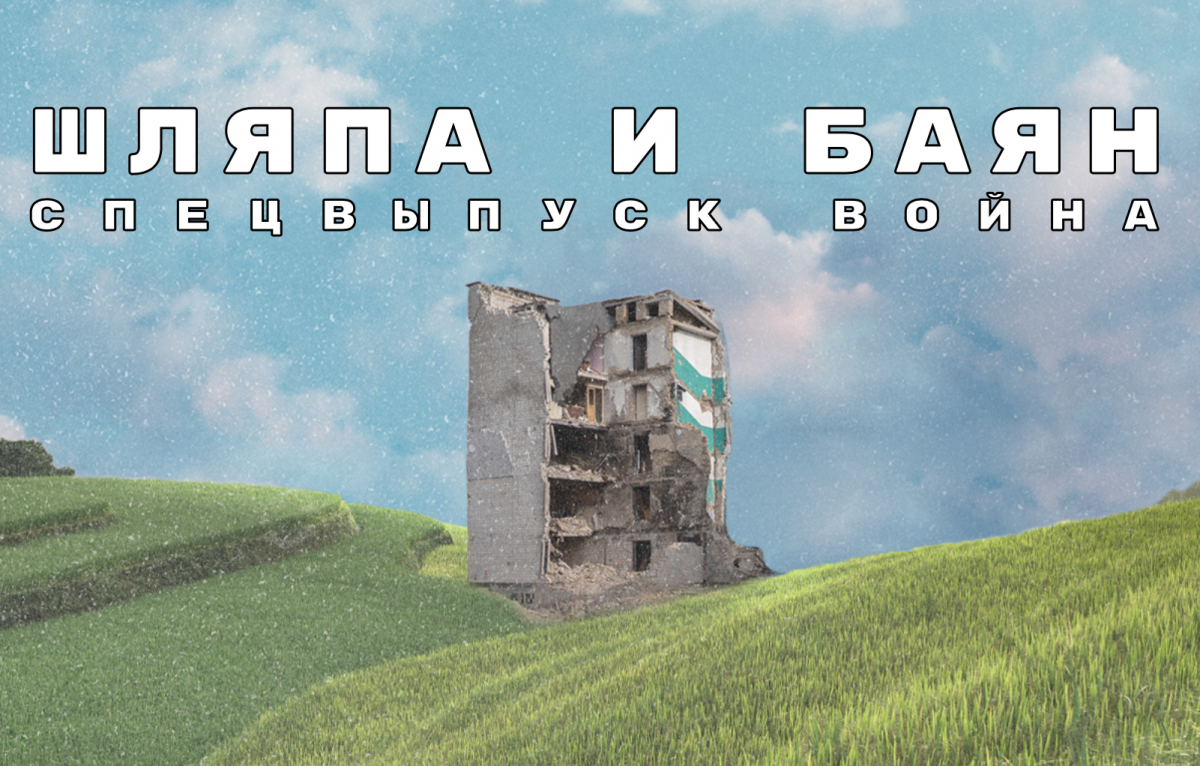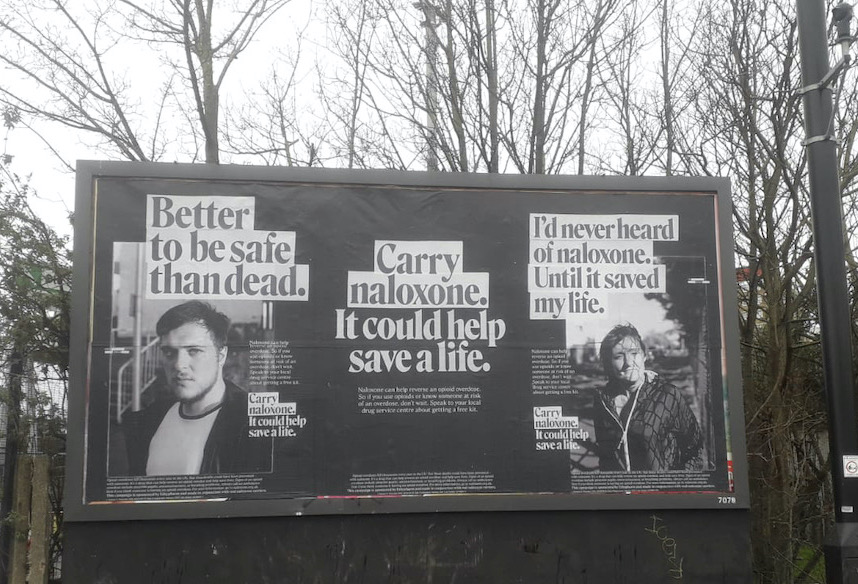Almost 10 years ago, the first issue of the newspaper "Hat and Bayan" was published. This newspaper, which literally became the successor to the magazine "The Brain", was published by people who use drugs, for people who use drugs – nothing like this had existed before.
The first editions had been issued in very modest numbers, but it quickly gained notoriety among readers, as it was distributed by hand by harm reduction activists, health workers and other interested people. People were hooked by the fact that this is not just another brochure, but a real publication about the life of people who use drugs, where you could find legal advice, useful articles about substances and harm reduction, as well as personal and creative stories of its contributors. Without the active participation of people who use drugs, there would be no such sections like the "Voices of the streets", "Rules of life" and "Poems".
Throughout this time, the newspaper persisted not because of, but despite self-censorship, a repressive drug policy system, social stigma and many other barriers. For the past couple of years, each issue felt like it could have been the last. This is due in particular to Russia's policy towards drugs, and everything and everyone connected with them.
The main target of the state’s repressive mechanism against information on drugs has historically been the Andrey Rylkov Foundation (ARF); although the organization never published this newspaper itself, many people involved in Hat and Bayan were or are still associated with ARF. Their close association came at a great cost: ARF was fined 800,000 rubles for publishing an online version of a Hat and Bayan article entitles “The World of Salts", which spoke about the harms of synthetic cathinones and gave harm reduction advice on how to use them safely. Funding was a constant concern – money always had to be found by the authors to support the work and fight off legal claims.
After a long break, on December 31, 2022, a special issue of Hat and Bayan, “War”, came out. It begins with the following words from their Editor-in-Chief:
“February 24, 2022 turned the lives of many people, including activists and activists, authors and authors, and the editor of the newspaper. Someone left Russia, someone plunged into a permanent depression, someone died from an overdose – everyone is different. But the war became the strongest experience in our lives, encroaching on our values and worldview, deprived us of strength and hope. We tried to understand how in the 21st century it became possible to attack a neighbouring country, justify it with mythical Nazism, while receiving super profits from the sale of gas to Europe and striving to revive the chimera of the ‘Russian world’.”
Indeed, on February 24, the lives of many people were now permanently divided between a “before” and “after”. People who use drugs on both warring sides have become even more vulnerable. On the Ukrainian part, there are those on the defensive; it means living under missile attacks, not being able to find the substances you depend on, disrupting the supply of substitution drugs, and fighting withdrawal symptoms. Some volunteered for the country’s defence, although they would never have thought they would fight; others simply left. And on the Russian side, which has unleashed an aggressive war, there is the gradual impoverishment of individuals and the nation, and the fear of being drawn into mobilization and sent to the frontlines.
Hat and Bayan’s latest edition is not only an anti-war manifesto, but is also the return of classic columns, such as the "Voice of the Streets", "Poems", legal advice and health recommendations.
In a conversation with the editor-in-chief of the newspaper, Maxim Malyshev, I asked a couple of questions about the special issue.
What was the trigger for the release of this issue?
“We somehow went to Georgia, talked about the war and, most importantly, about what we can do in general. And at that moment for me it all looked somehow sad – there was a feeling that fucking nothing can be done! Picketing in Georgia doesn’t really change anything; posting an avatar on Facebook is awesome, but it doesn’t really inspire me either, and I don’t think it will change anything … There was a feeling of pessimism, realizing that that I have little influence in the context of this war. And when a couple of months later I was driving along the same road, back [to Russia], alone somewhere in the Volgograd region, I thought that it would be interesting and important for me to make a newspaper for drug users and devote it to the war. About the attitude towards it, and also to give some opinions that are different from theirs regarding this war, and if not different, then to feel that they are not alone – there are still some people who write about it. It was important to me."
What are you especially proud of in this issue?
“I'm not proud of anything in particular, I'm proud of the vibe in which this release was made. It was very spontaneous… not even a decision, but a movement that was born in me on the basis of some reflections. And this wave, in which all our authors participated, is really some kind of miracle. It is really some kind of miracle that people gathered who absolutely voluntarily, in a short time, made this newspaper, made a website, pictures, donated money for printing. I am proud of some kind of fearlessness – most of the people who participated in this issue, even those who live in Russia, indicated their first and last name and were not really afraid of repressions, sanctions, and quite realistic criminal cases. It gets a lot of respect."
The "Hat and Bayan. War" special issue is available at the link


